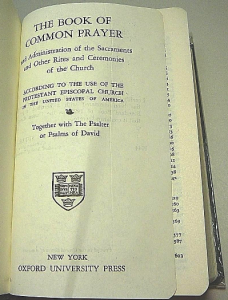 Lenten Journal, Day 36
Lenten Journal, Day 36
Labhraím Gaeilge!
I really wish that were true (it means “I speak Irish”). I don’t. I study Irish. I forget Irish. I study it again.
That is how I spent today; using Duolingo and a free online course from Dublin City University, I have spent the day refreshing my memory of the Irish language, recalling things I learned a decade ago at a school in the Connemara Gaeltacht north and west of Galway City.
Irish is just one of the languages I have studied. I took Spanish in grades 5 through 8 in the Los Angeles city schools. I studied Latin throughout high school. I took Italian in an immersion course in Florence in 1969 and then French in a longer immersion course in Paris in 1973. I cannot speak, read, or write in any of these languages, although I could back in the day.
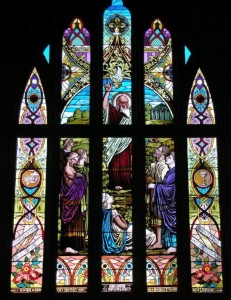 Lenten Journal, Day 32 – 5th Sunday in Lent
Lenten Journal, Day 32 – 5th Sunday in Lent Lenten Journal, Day 29
Lenten Journal, Day 29 I’m not preaching this week, but if I were . . .
I’m not preaching this week, but if I were . . . Lenten Journal, Day 20
Lenten Journal, Day 20 Lenten Journal, Day 13
Lenten Journal, Day 13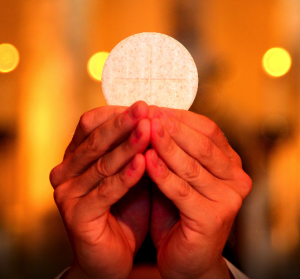 Lenten Journal, Day 6
Lenten Journal, Day 6 Lenten Journal, Day 4 (First Sunday in Lent)
Lenten Journal, Day 4 (First Sunday in Lent)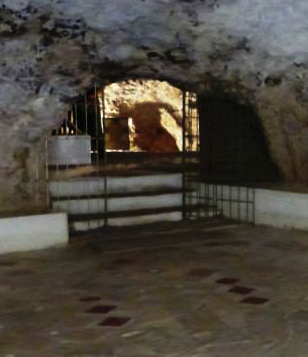 A wandering Aramean was my ancestor; he went down into Egypt and lived there as an alien, few in number, and there he became a great nation, mighty and populous. – Deuteronomy 26:5
A wandering Aramean was my ancestor; he went down into Egypt and lived there as an alien, few in number, and there he became a great nation, mighty and populous. – Deuteronomy 26:5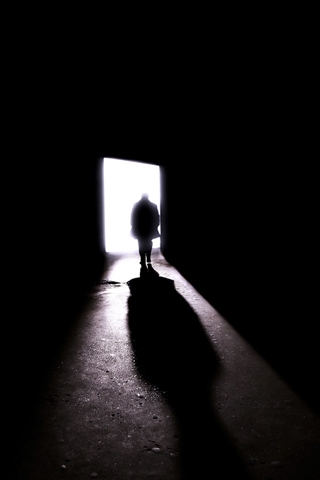 I didn’t intend to walk away from religion when I retired from pastoral ministry, but it is sort of happening.
I didn’t intend to walk away from religion when I retired from pastoral ministry, but it is sort of happening. 

